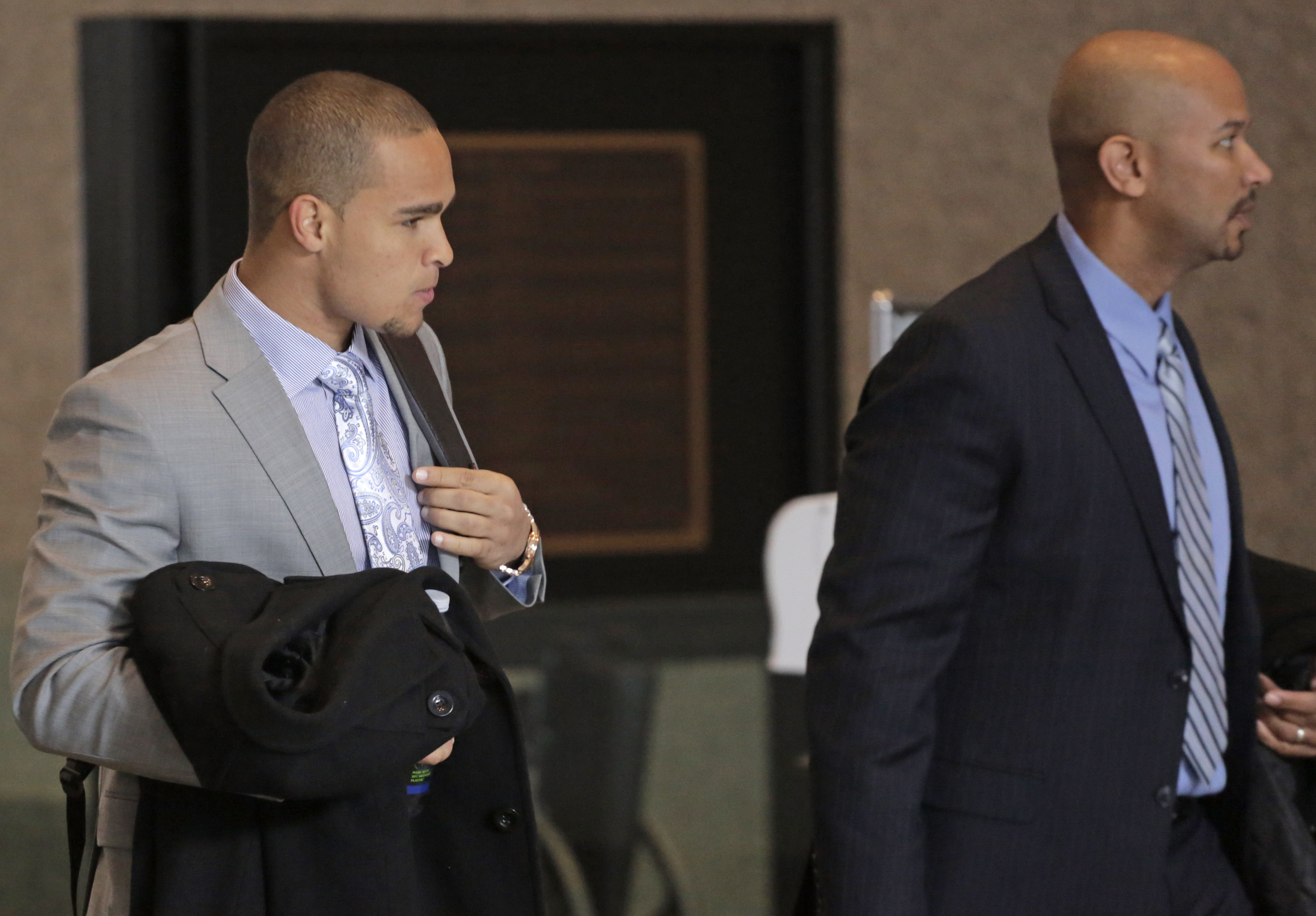Say goodbye to collegiate football as you know it. A landmark decision was handed down Wednesday by the National Labor Relations Board (NLRB) that affirms the right of Northwestern University football players to be classified as “employees” and to unionize.
Videos by Rare
The Northwestern football team, headed by former quarterback Kain Colter (pictured above) got the prolate spheroid bouncing on this case back in January, seeking employee protection under the National Labor Relations Act.
“If this goes through the way these students would like it to go through, this will radically and forever change the relationship of students to universities in the United States and change the manner, in what used to be amateur sports, college sports are regulated in the United States of America,” said Judge Andrew Napolitano on Shepherd Smith Reporting.
“This is the beginning of the march towards the obligation of colleges to pay their athletes a fair share of what the athletes earn for the colleges.”
“[I]t cannot be said the Employer’s scholarship players are ‘primarily students,’” began the last paragraph of NLRB Regional Director Peter Sung Ohr’s Decision. He continued:
The players spend 50 to 60 hours per week on their football duties during a one-month training camp prior to the start of the academic year and an additional 40 to 50 hours per week on those duties during the three or four month football season. Not only is this more hours than many undisputed full-time employees work at their jobs, it is also many more hours than the players spend on their studies … it cannot be said that they are ‘primarily students’ who ‘spend only a limited number of hours performing their athletic duties.
Judge Napolitano noted, however, that students will have the right to say no to the unionization via a secret ballot.
Attorneys arguing on behalf of the Collegiate Athletes Players Association (CAPA) argued that since college football is essentially a business — it generates billions of dollars in profits annually — the relationship of schools to players is one of employers to employees.
At present, CAPA is seeking to unionize athletes at private schools, like Northwestern, because the federal labor agency does not have jurisdiction over public universities.
Not only does this open up the possibility for colleges to cut football from universities entirely, which Northwestern’s president emeritus sees as a distinct possibility, it could also destroy competition in college football by pricing many of the 131 Division I teams out of the market. The more money universities make off the players the more the players will be owed, which means that the best players will follow the money.
Additionally, the charm of the student amateur athlete playing for the love of game and pride of university would evaporate quickly.
Sadly, the spirit of college football, which has been threatened by various improper benefits scandals over the years, is set to be interred two yards under by years of emotionally charged, jading litigation.



